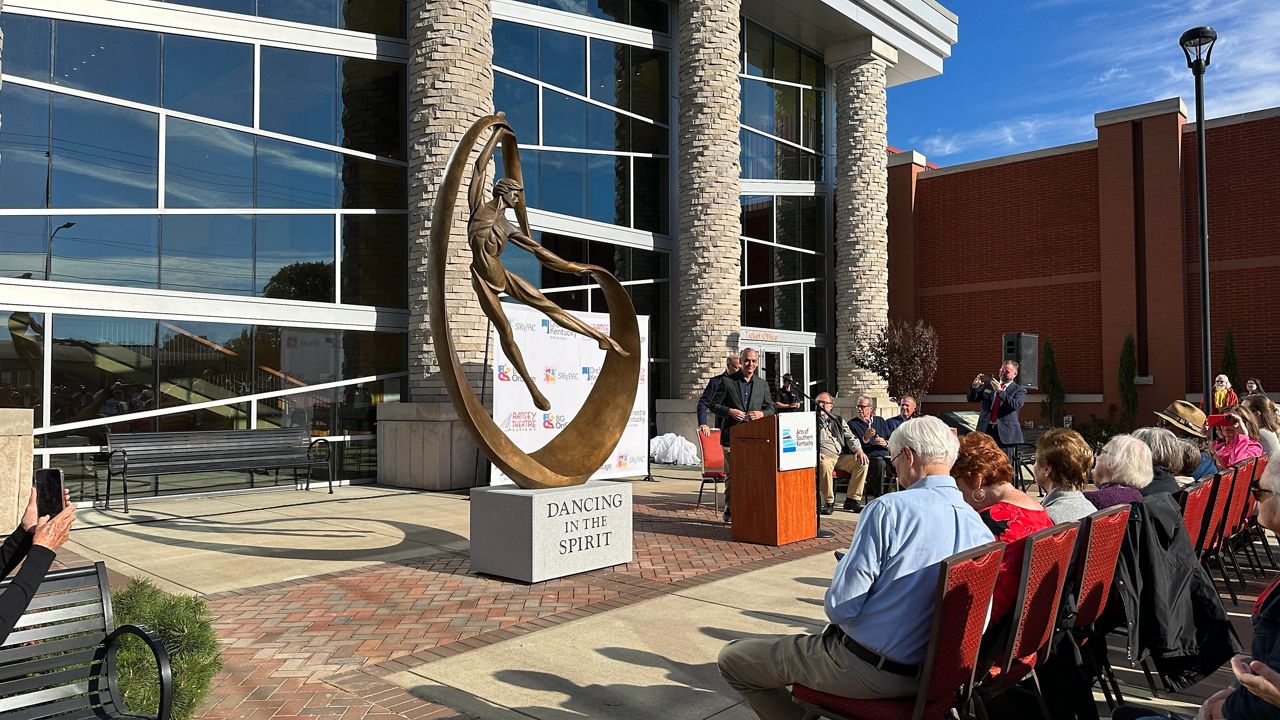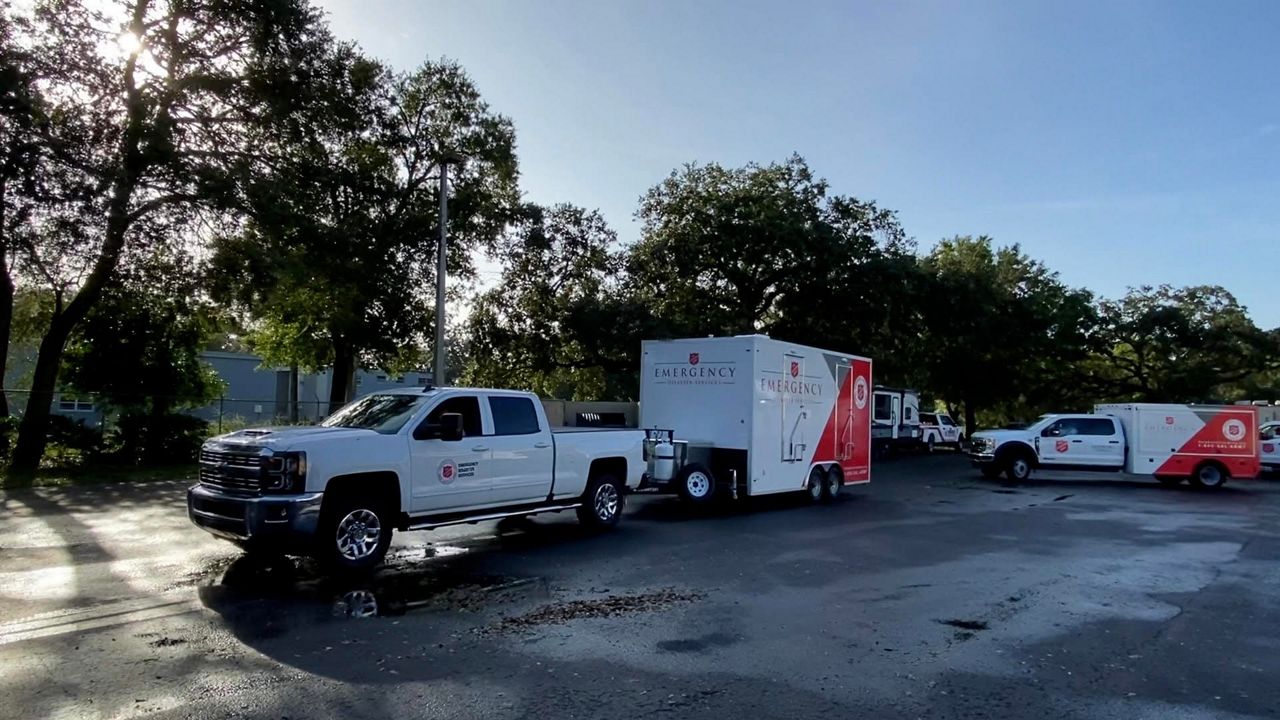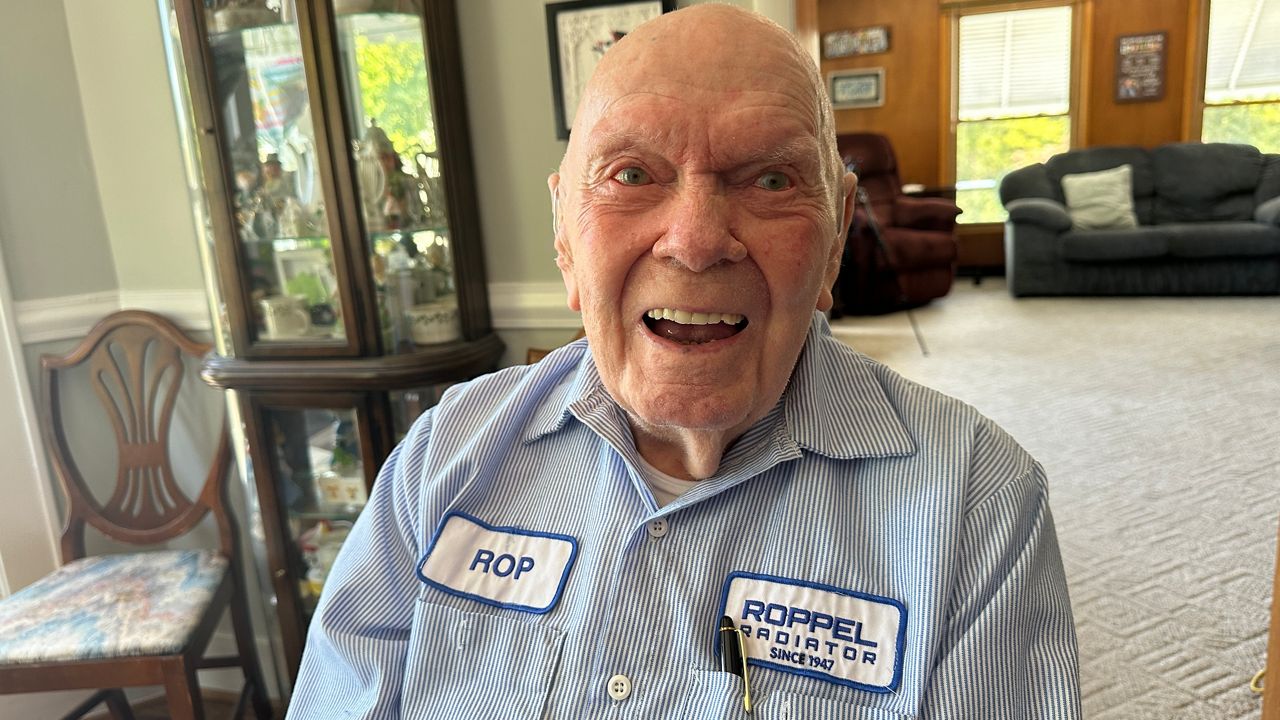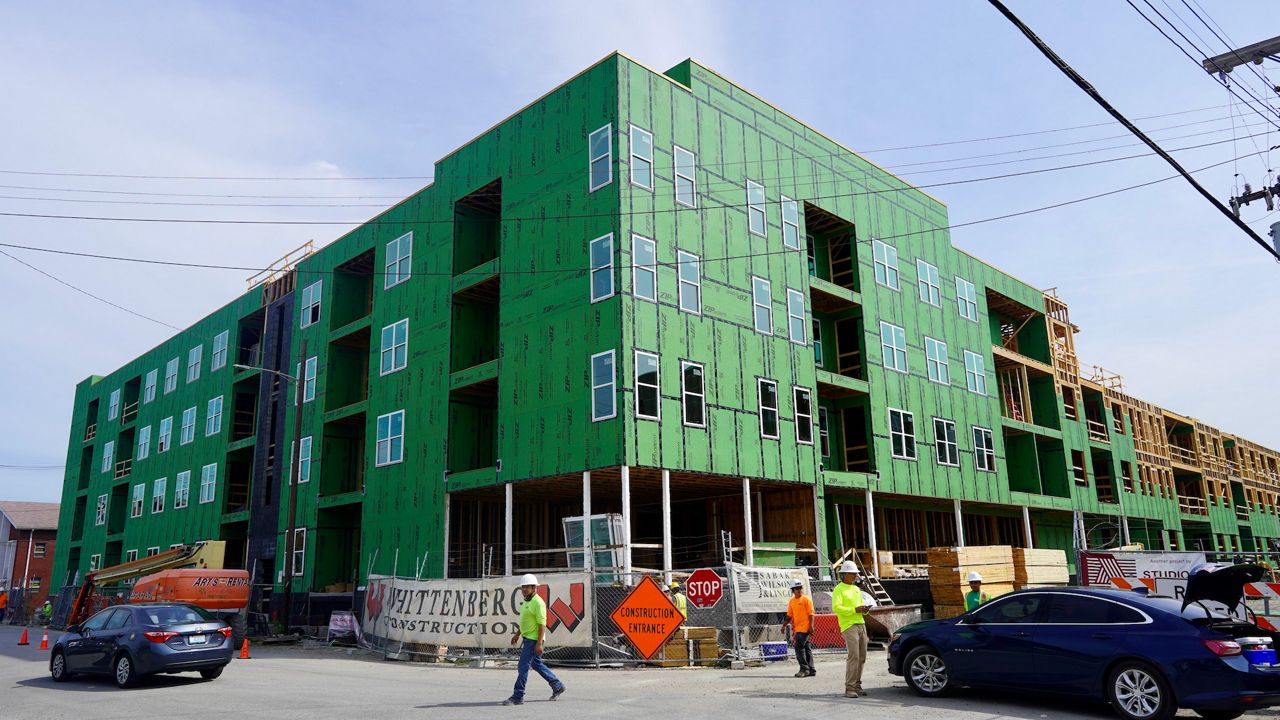BOWLING GREEN, Ky. — Millions of dollars are on the way to help build a new crisis mental health intake center in Bowling Green.
The state budget is providing $20 million to go toward The Anchor Project, an initiative designed to fight mental health and substance misuse in the region.
Sue Parrigin, a city commissioner for Bowling Green, said, “It’s gonna transform how we handle mental health, substance abuse disorder, and our citizens in crisis.”
Parrigin said the center will help people who are battling drug addiction by allowing them to get immediate treatment, rather than them being taken to jail.
She added, “By de facto, our mental health crisis center is basically our jail. We take a lot of folks to jail, when we could bypass that system and get them the help they need.”
The center will be hosted by Lifeskills, inc., a nonprofit that supports people with mental illness and addiction. The center will have different levels of care. One level of care will be 23 hours or less, the second level of care is three to five days for people who need more in-depth services and the third level of care is when a person will stay up to 12 days for people who need to more stability.
Joe Dan Beavers, the CEO of LifeSkills Inc., said, “It’s so well thought out, to make it as easy as it can be for everyone and removing any of those barriers, staffing it appropriately, allowing folks to move up and down the care continuum while they go through a crisis.”
According to Parrigin, not only will this help those in need of mental health services, but it could also positively affect people who are experiencing homelessness after being incarcerated for substance misuse.
Parrigin said, “When you get incarcerated, it’s impossible to go to your job. You wind up losing your job, and when you don’t have a job, you can’t pay rent. Then you wind up in a desperate situation.”
The facility will serve the Barren River Area Development District region, which will be accessible to over 300,000 citizens.
The patient intake center is planned to be near the Lifeskills, Inc facility on Lover’s Lane in Bowling Green.









